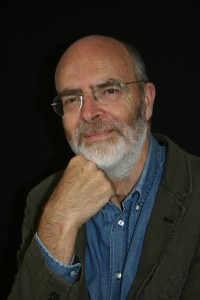
The Spanish P2P Wikisprint on March 20
Next Wednesday, March 20, a fascinating new stage in transnational cooperation will arrive when scores of commoners in twenty countries take part in a Spanish P2P Wikisprint, a coordinated effort to document and map the myriad peer to peer initiatives that exist in Latin America and Spain.
The effort, hosted by the P2P Foundation, was originally going to be held in Spain only, but word got around in the Hispanic world, and presto, an inter-continental P2P collaboration was declared! (A Spanish-language version of the event can be found here.)
As described by Bernardo Gutiérrez on the P2P Foundation blog, the Wikisprint will bring together an indigenous collective in Chiapas with a co-working space of Quito; a crowdfunding platform in Barcelona with the open data movement of Montevideo; a hacktivist group in Madrid with permaculturists in Rio de Janeiro’s favelas; and a community of free software developers in Buenos Aires with Lima-based city planners; among many others.
The Wikisprint will map the various Spanish experiences around the commons, open innovation, co-creation, transparency, co-design, 3D printing, free license, p2politics, among other things. It will also feature debates, lectures, screenings, speeches, self-media coverage, workshops, network visualizations and videos.
Continue reading “Michel Bauwens: Spanish P2P WIkispring on March 20”





